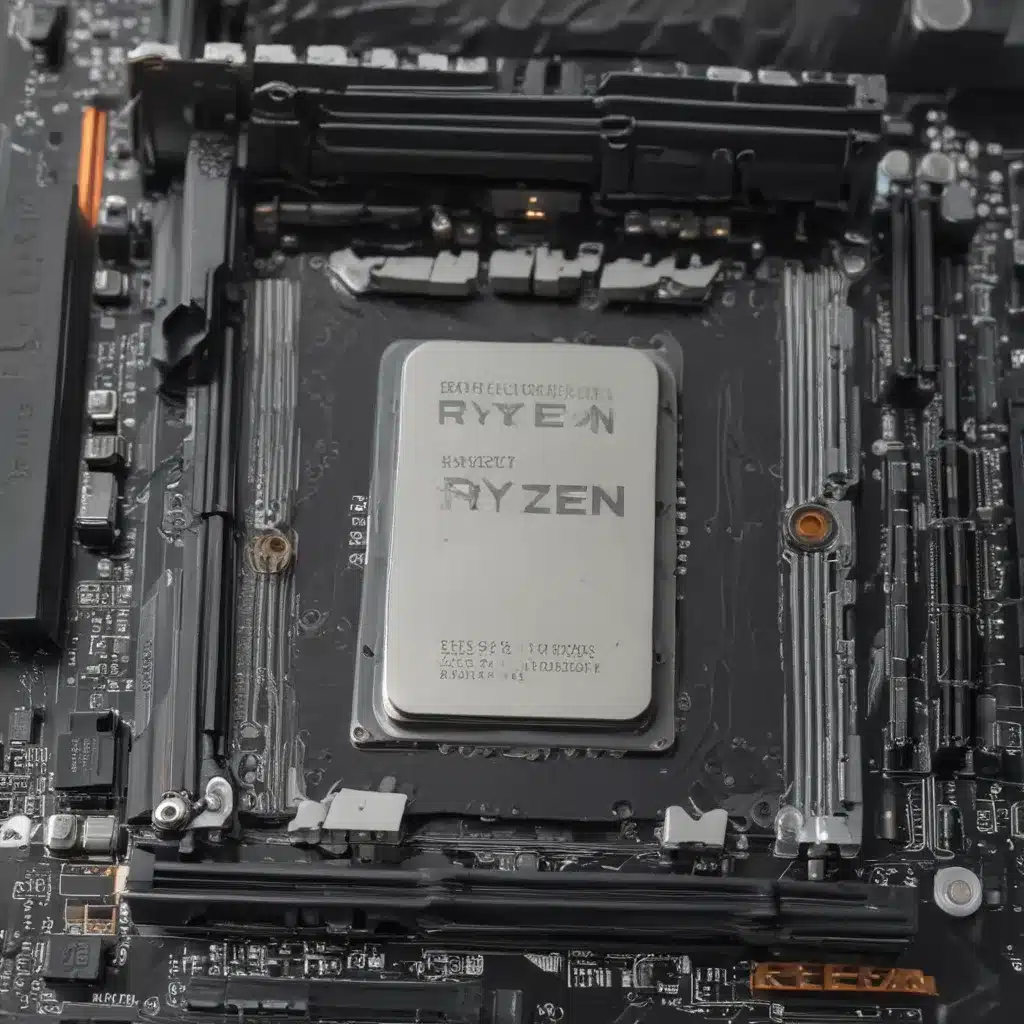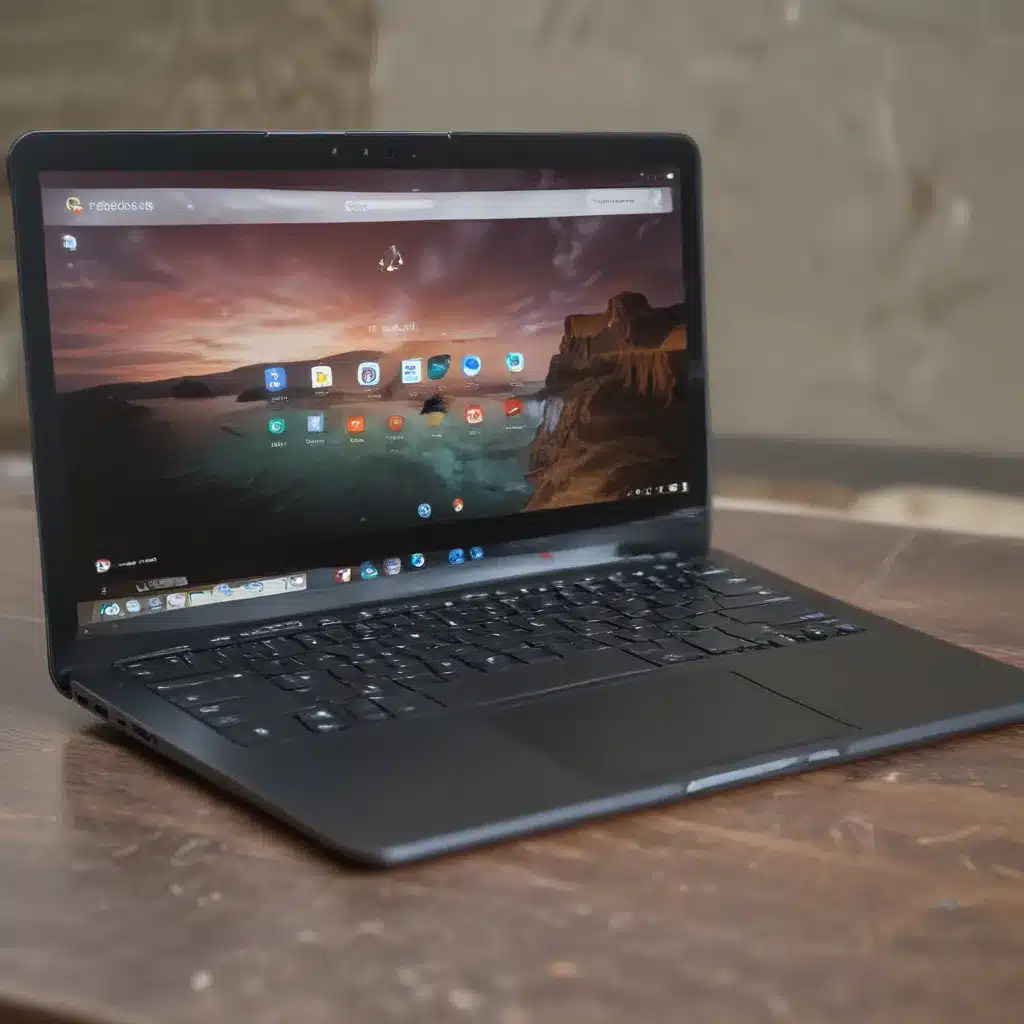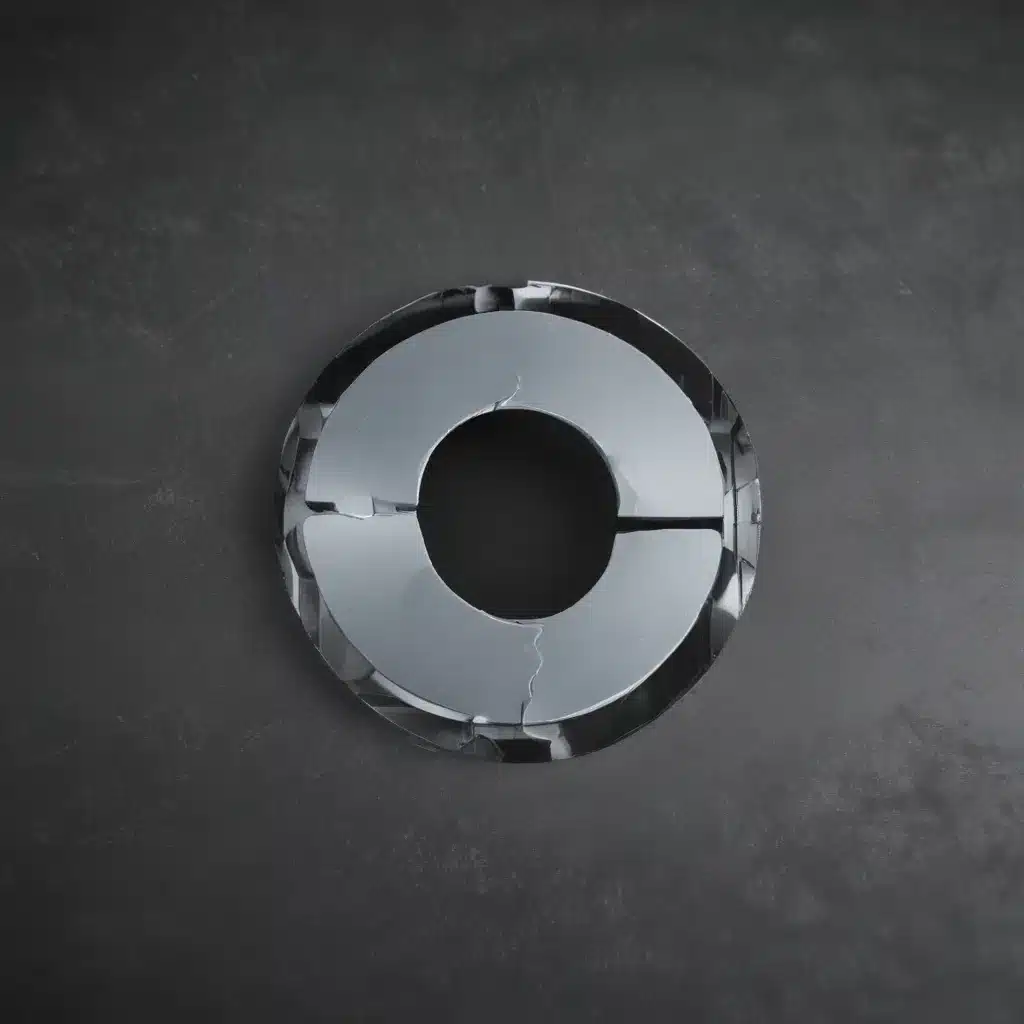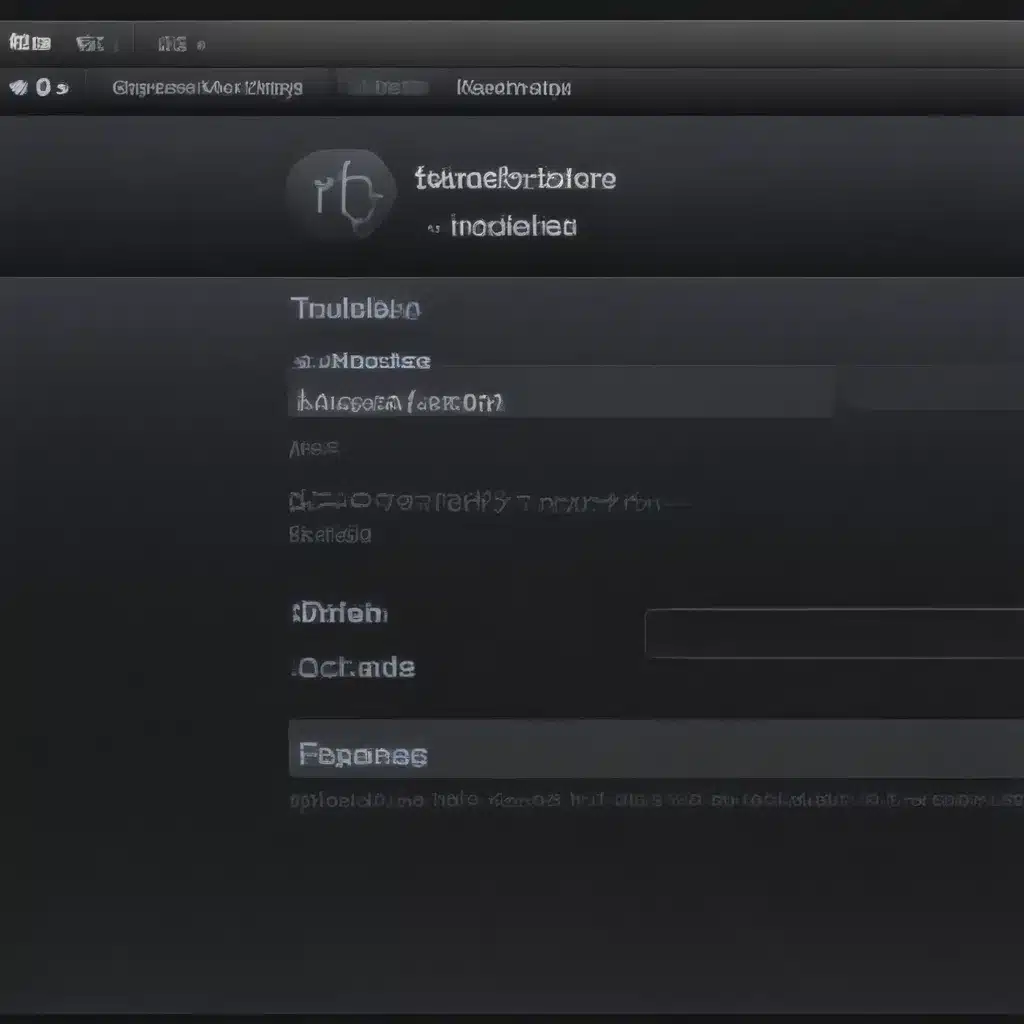Ryzen 7000: The Newest Zen 4 Powerhouse
I’ll admit, I’m a bit of a tech nerd. When AMD announced their latest Ryzen 7000 series CPUs based on the Zen 4 architecture, I was practically salivating. These processors pack an incredible punch, offering mind-blowing performance gains over the previous Zen 3 lineup. But as any seasoned PC builder knows, the CPU is just one piece of the puzzle.
To truly unlock the potential of these new Ryzen chips, you need the right supporting cast – and that includes your system memory. You see, Ryzen’s memory controller is quite sensitive, and the wrong RAM can really hold it back. So when I started planning my Ryzen 7000 build, I knew I had to do my homework on memory.
Diving Into the Reddit Forums
I scoured the web, reading every forum post and review I could find. One particularly illuminating thread was on the /r/AMD subreddit, where users were discussing the optimal RAM for the Ryzen 7950X3D [1]. The consensus seemed to be that DDR5-6000 with tight timings was the sweet spot – things like CL30-36-36-36-76-112 performed beautifully.
But then I stumbled across an even more in-depth discussion on the AMD Community forums [2]. Here, users were really diving deep, testing all sorts of DDR5 kits and sharing their findings. It was like RAM overclocking boot camp! Some key takeaways:
- DDR5-6000 CL30-38-38-38-96-96 appears to be the absolute best config
- DDR5-6000 CL30-36-36-36-76-112 is also excellent
- DDR5-5200 CL36-38-38-38-74-77 is a good balance of speed and timings
- Avoid anything higher than DDR5-6000, as the gains start to diminish
Clearly, memory speed and subtimings are critical on these Zen 4 chips. But what about other factors, like memory chips and brands? That’s where the /r/Overclocking subreddit came in handy [3].
Hynix vs. Samsung: The Memory Chip Debate
Over there, I found a fascinating discussion on the relative merits of Hynix and Samsung memory chips. Apparently, the new Hynix “M-die” chips are an excellent choice for Ryzen 7000, as they tend to overclock extremely well. Meanwhile, the older Samsung “B-die” chips, while still great, may not offer quite the same level of headroom.
One user even shared their personal experience swapping between various G.Skill kits [3]:
“I have the G.Skill Trident Z Neo DDR4 3600MHz CL16-22-22-42-1T 1.45V kit and it’s been an absolute dream. I can run it at 3800 15-15-15-24, no problem.”
Okay, so DDR5-6000 with tight timings, plus Hynix M-die chips – that seemed to be the recipe for memory greatness on Ryzen 7000. But what about real-world performance? Enter the Hardware Unboxed video [2].
Benchmarking the Memory Configs
Those hardware gurus put a whole bunch of different RAM kits through their paces, and the results were eye-opening. The DDR5-6000 CL30-38-38-38-96-96 config was indeed the clear winner, offering a tangible performance boost over even the DDR5-6000 CL30-36-36-36-76-112 kit.
Interestingly, they also tested some lower-speed DDR5-5200 kits, and found that the CL36-38-38-38-74-77 version actually held its own quite well. The gains from pushing to DDR5-6000 started to diminish at that point.
So in the end, it seemed like the sweet spot was a Hynix M-die DDR5-6000 kit with super-tight CL30 timings. G.Skill appeared to be the go-to brand for this, based on the community feedback [3]. But I wondered, could I push things even further?
Reaching for the Stars with DDR5-7200
As I dove deeper into the research, I stumbled upon a Reddit thread discussing RAM for the Ryzen 7800X3D and 7950X3D [4]. One user mentioned that they were eyeing up some DDR5-7200 kits, suggesting they might offer an even bigger performance boost.
Intrigued, I started hunting for benchmarks and reviews of these ultra-high-speed memory modules. And sure enough, I found a few threads on the AMD and Overclocking subreddits discussing the benefits [5,6]. The general consensus seemed to be that, while the DDR5-7200 kits do provide a slight edge, the gains start to diminish beyond DDR5-6000.
Plus, pushing memory that high can introduce stability issues and other complications. As one user put it, “it’s not worth the hassle.” So in the end, I decided to stick with a nice, reliable DDR5-6000 kit from G.Skill. The performance is outstanding, and I don’t have to worry about any finicky overclocking or compatibility headaches.
Putting It All Together
When it came time to actually build my Ryzen 7000 rig, I felt confident in my RAM choice. I opted for the G.Skill Trident Z5 Neo DDR5-6000 CL30-38-38-38-96-96 kit, and boy, does it sing. Boot times are lightning-fast, games load in the blink of an eye, and my productivity apps fly.
I’ve even dabbled in a bit of light overclocking, pushing the timings down to CL30-36-36-36-76-112, and the performance gains are noticeable. Sure, I could probably squeeze out a bit more by going with DDR5-7200, but for me, the juice just isn’t worth the squeeze.
At the end of the day, building a high-end PC is all about finding that sweet spot between performance and reliability. And with my carefully chosen memory, I feel like I’ve struck the perfect balance. Now if you’ll excuse me, I’ve got some 3D modeling and gaming to do!
[1] https://www.reddit.com/r/Amd/comments/113z6sx/which_ram_for_the_7950x3d/
[2] https://community.amd.com/t5/part-recommendations/the-best-and-only-ram-you-should-use-for-amd-ryzen-period/td-p/567560
[3] https://www.reddit.com/r/overclocking/comments/10kt1h7/buildzoids_take_on_easy_memory_timings_for_hynix/
[4] https://www.reddit.com/r/Amd/comments/11qjb8u/what_ram_will_go_best_with_a_7800x3d7950x3d/
[5] https://community.amd.com/t5/processors/ryzen-7000-series-boot-time/m-p/554337
[6] https://forum.corona-renderer.com/index.php?topic=38446.0













